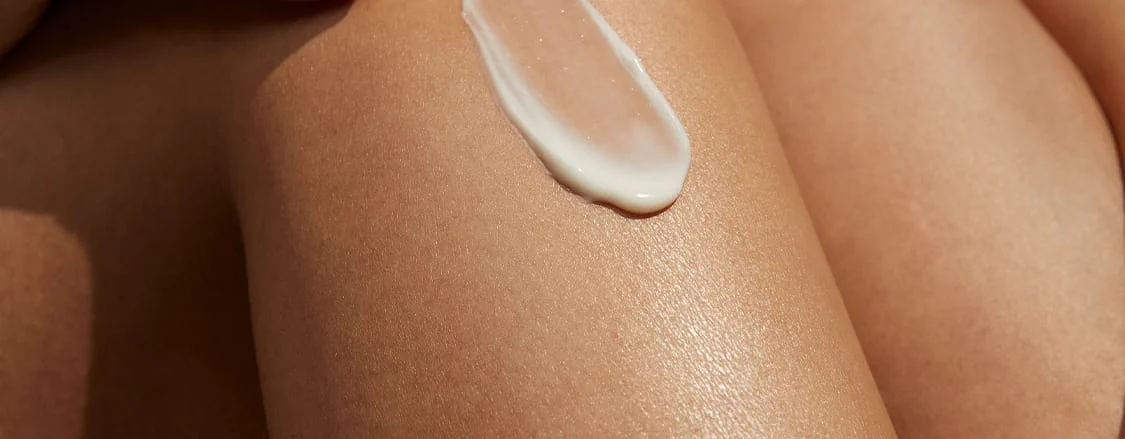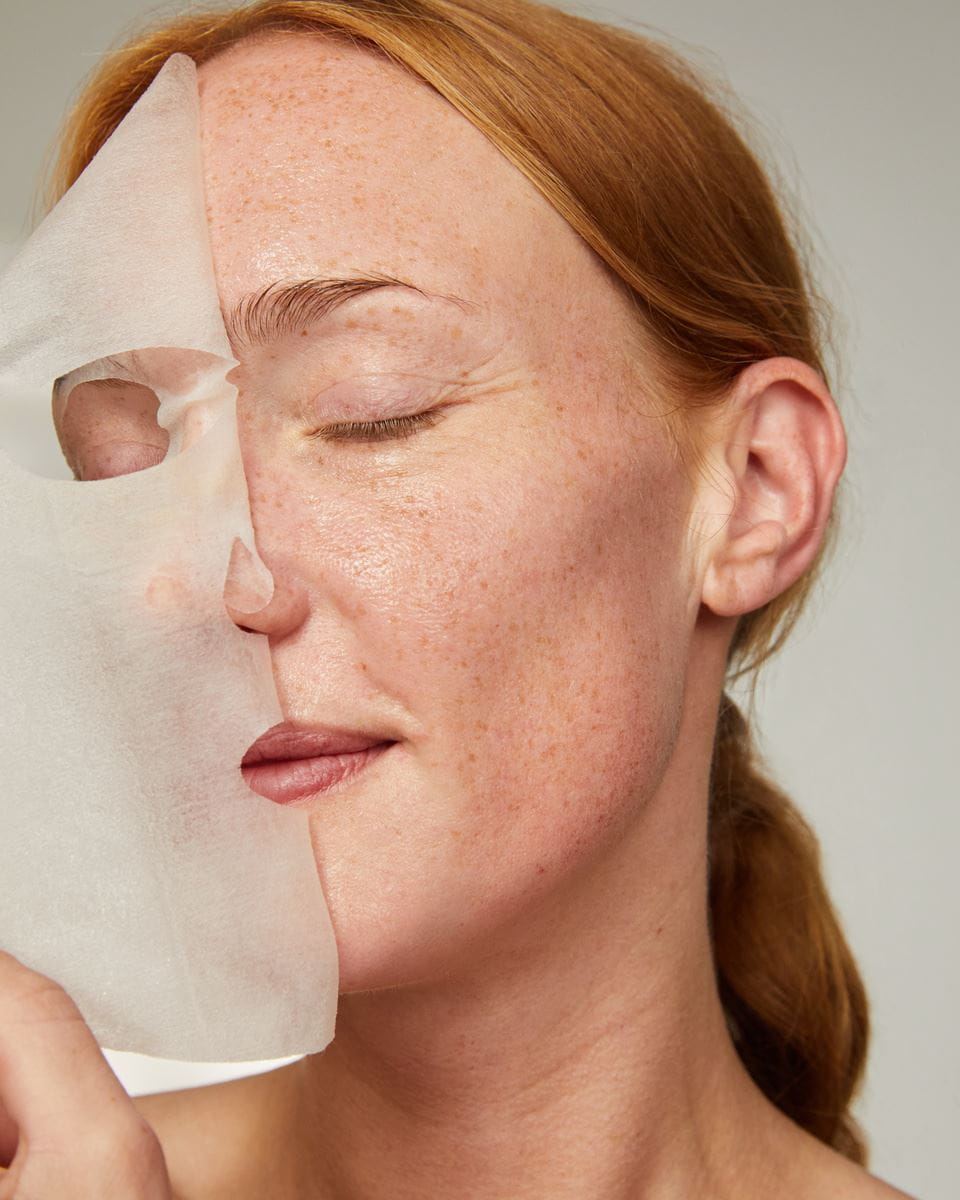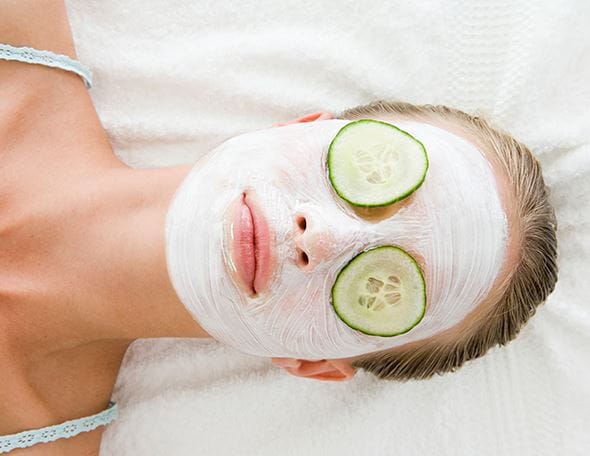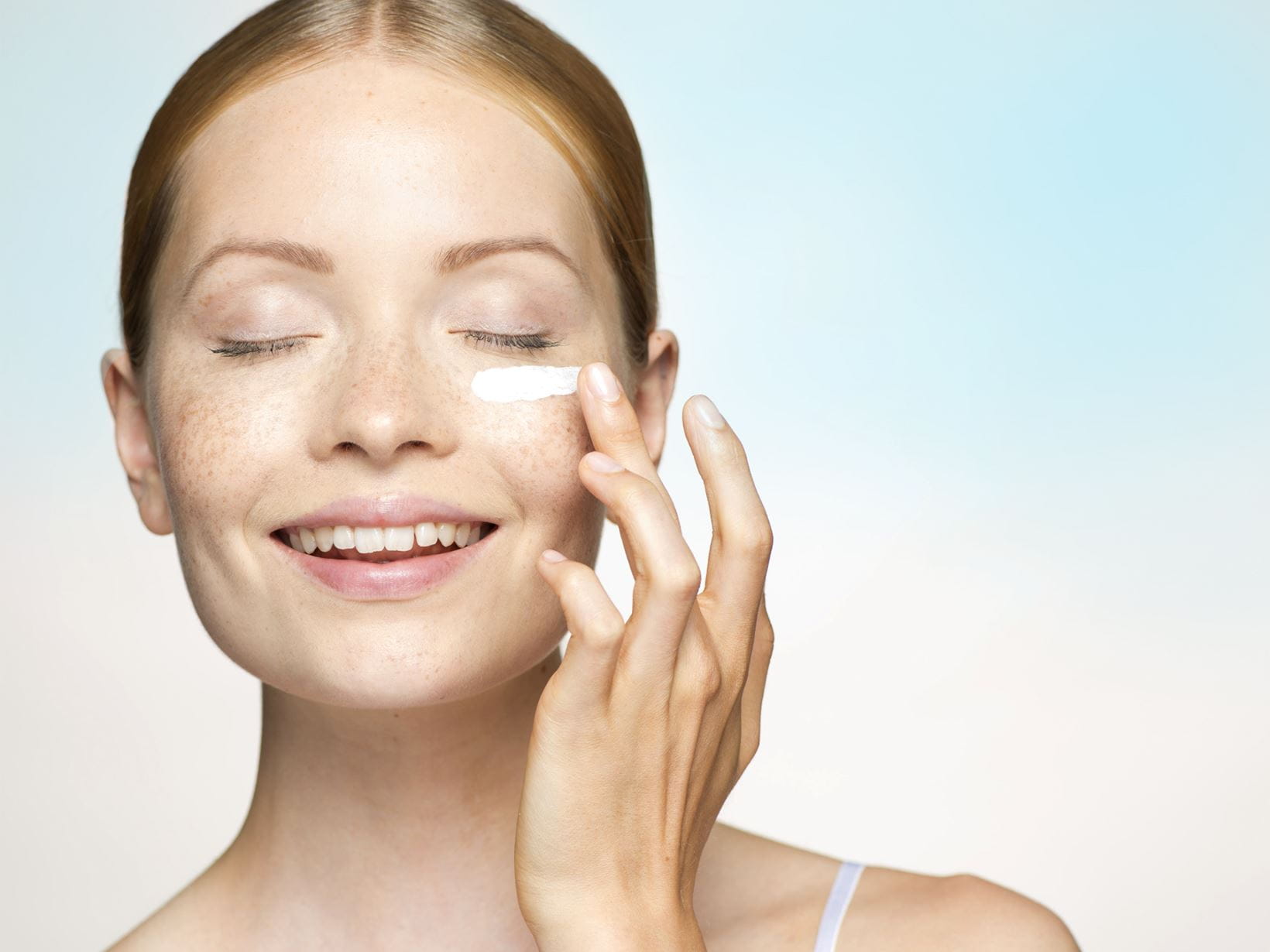
How To Get Rid Of Blotchy Skin
Blotchy skin can be a nuisance, and it can be difficult to know how to get rid of blotchy skin for good. However, NIVEA are here to help. Read on to discover NIVEA's advice on how to get rid of blotchy skin for a clean and refreshed skin tone.
What is blotchy skin?
Find out what blotchy skin is and what causes it.
Skin Care Tips for Blotchy Skin
How to get rid of blotchy skin
NIVEA's remedies and cover ups for blotchy skin



